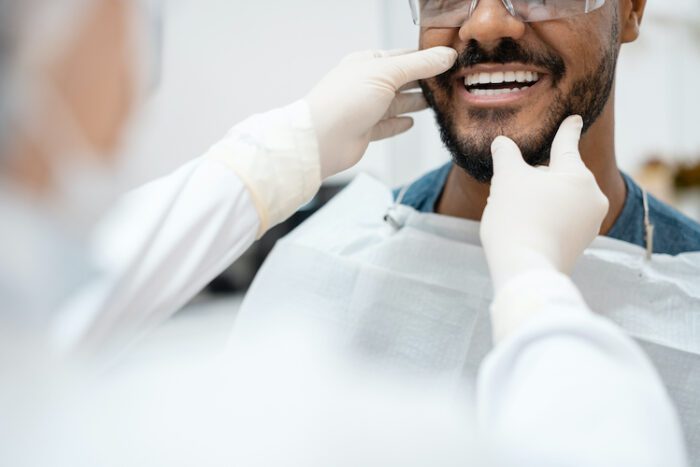Tooth extraction may seem daunting, but it is sometimes necessary for optimal dental health. Understanding when you might need an extraction can help alleviate anxiety and prepare you for the procedure. Each situation requires careful consideration by your dentist to ensure the best outcome for your oral health.
Severe Tooth Decay
Tooth decay is a prevalent dental issue caused by bacteria eroding the tooth enamel. If left untreated, the decay penetrates deeper layers of the tooth, reaching the pulp and nerves. This can lead to severe infection, pain, and even abscess formation. Dentists assess the extent of the damage before recommending removal, considering other treatments like fillings or root canals first. However, if the tooth cannot be salvaged, extraction becomes necessary to maintain overall oral health and prevent further complications.
Impacted Wisdom Teeth
Wisdom teeth, or third molars, often cause problems as they attempt to emerge during late adolescence or early adulthood. Due to limited space in the mouth, these teeth may not have enough room to emerge properly, leading to impaction. Impacted wisdom teeth can cause significant pain, swelling, and infection, affecting your ability to eat and speak comfortably. Dentists often recommend extraction to avoid these issues and to prevent damage to adjacent teeth. Regular dental check-ups can help monitor the development of wisdom teeth and determine the appropriate time for extraction if needed.
Overcrowding
Some individuals have mouths that are too small to accommodate all their teeth, resulting in overcrowding. Overcrowding can cause misalignment and bite issues, affecting both the function and aesthetics of your smile. Orthodontic treatment, such as Invisalign, may require the extraction of one or more teeth to create space for the remaining teeth to align correctly. Removing teeth in such cases often allows for a healthier, more functional bite and could prevent long-term dental issues.
Periodontal Disease
Periodontal disease, commonly known as gum disease, affects the gums and supporting structures of the teeth. In its advanced stages, it can lead to the loosening of teeth, making them unstable and prone to falling out. Severe periodontal disease may necessitate tooth extraction to prevent the infection from spreading to other teeth or even the jawbone. Dentists prioritize preserving teeth whenever possible, using treatments such as scaling and root planing to manage the disease. However, when the disease compromises the tooth’s stability and poses a risk to surrounding teeth, removal might be necessary. This intervention helps maintain the health of your remaining teeth and supports the overall stability of your mouth.
Trauma or Injury
Accidents or injuries can cause significant damage to teeth, sometimes beyond repair. A severe fracture or break may require extraction, especially if the tooth’s root is compromised or if the damage extends below the gum line. Dentists evaluate the extent of the damage and explore options like crowns or bonding first. If these restorative methods are not feasible, extraction often becomes the best solution to prevent further complications and facilitate healing. Prompt treatment following trauma could prevent infection and ensure that the surrounding teeth and tissues remain healthy. Dentists may also recommend restorative procedures, such as dental implants or bridges, to replace the extracted tooth and restore function and appearance.
Tooth Infection
Tooth infections can spread from the tooth to surrounding tissues, posing serious health risks. If left untreated, the infection can enter the bloodstream and affect other parts of the body. Antibiotics may not always resolve the infection, especially if it has reached the tooth’s root or surrounding bone. In such cases, extraction may become necessary to prevent further spread and alleviate pain and discomfort. Removing the infected tooth could eliminate the source of the infection and allow the surrounding tissues to heal. Dentists may also recommend additional treatments, such as antibiotics or antiseptic rinses, to ensure complete recovery and prevent recurrence. Regular dental check-ups can help detect infections early, allowing for timely intervention and reducing the need for extraction.
Tooth Extraction in Franklin, MI
At Dental House and Aesthetics, we always prioritize preserving your natural teeth when possible. However, there are times when extraction is necessary. Our team provides professional and compassionate treatment, prioritizing patient comfort and health. We utilize the latest technology and techniques to ensure optimal outcomes. Contact us today to schedule a consultation and learn more about the tooth extraction process.

